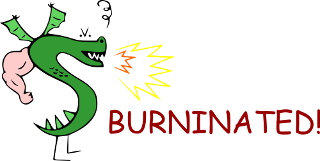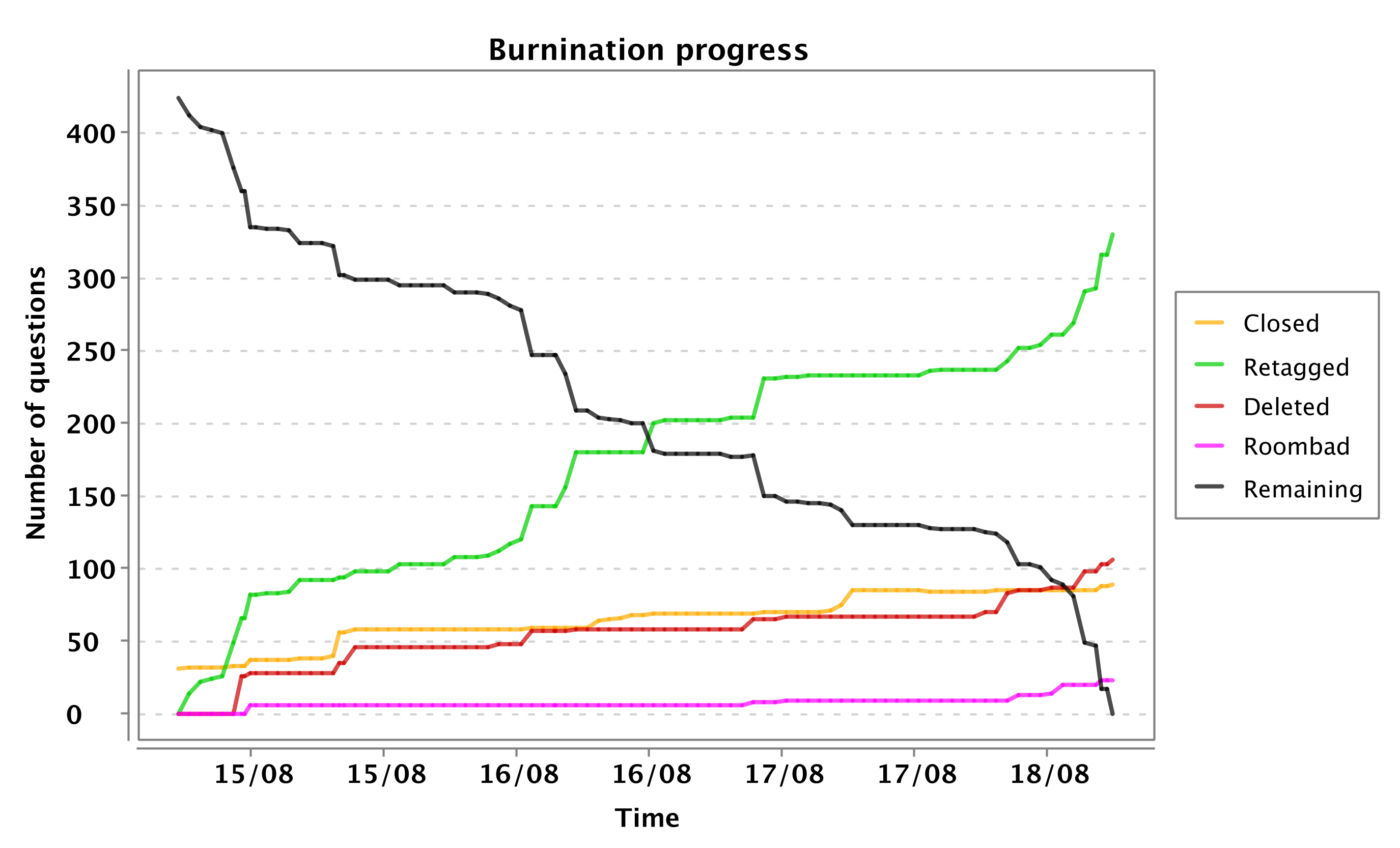arrow has been burninated.

Thanks to everyone who participated.
Observations/Retag Guidance:
Progress:
The arrow tag is in the process of being burninated. You can help out by reviewing the questions with this tag, and...
- editing questions (to improve the question and remove the tag),
- flagging/closing questions that are duplicates/off-topic/unclear/too broad/opinion-based,
- filtering on this tag in the Close Vote Queue,
- voting on questions with this tag,
- voting to delete the questions with this tag (after they have been closed, and only if the entire Q&A contains nothing of value). However, keep in mind that at the end of the burnination process all closed questions containing this tag will be deleted automatically. Thus, there's rarely a need to vote to delete these questions.
Here are some quick links to get you started:
Some additional links:

Remember that burnination is a clean-up effort!
Salvage whatever possible by editing and re-tagging.
We don't want to destroy value, so salvaging a post should be your first priority. If a question can be saved, please edit it. Your edit should improve all problems with the question and remove the arrow tag, possibly replacing it with another tag, as described above in "Observations/Retag Guidance".
Unsalvageable questions should just be flagged/closed. They don't need to be retagged.
If the question is not appropriate for this site, then don't worry about removing the arrow tag—just flag/close the question it is attached to.
At the end of the burnination process, all questions that still remain with the arrow tag should have been closed. These will be mass-deleted, which will remove the tag from the system automatically, with minimal disruption.
Ask for help if you need it.
If you have any questions about specific questions you come across, or the process in general, please feel free to leave a comment on this post. You can also drop into the SOCVR chat room for real-time advice and discussion.

